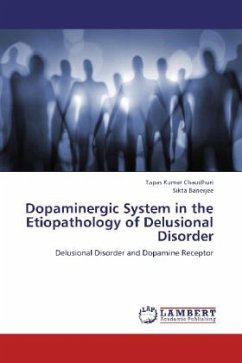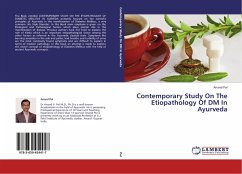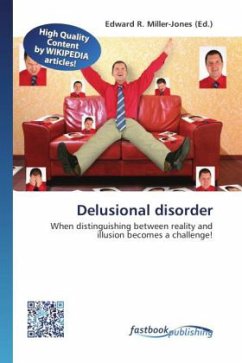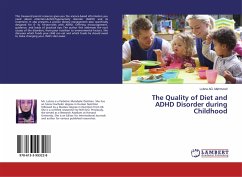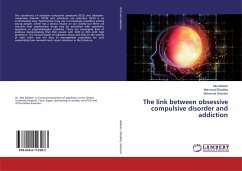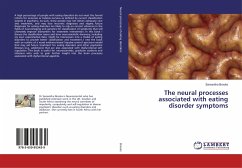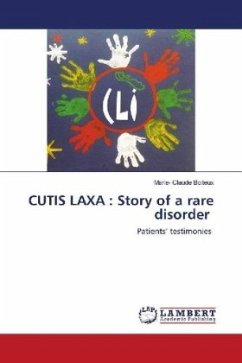Delusional disorder patients present with circumscribed symptoms of non-bizarre delusions, but with the absence of prominent hallucinations and no thought disorder or mood disorder. To be diagnosed with delusional disorder, the delusion or delusions cannot be due to the effects of a drug, medication, or general medical condition, and delusional disorder cannot be diagnosed in an individual previously diagnosed with schizophrenia. The Diagnostic and Statistical Manual of Mental Disorders (DSM) defines six subtypes of the disorder characterized as erotomanic (believes that someone is in love with him/her), grandiose (believes that he/she is the greatest, strongest, fastest, richest, and/or most intelligent person ever), jealous (believes that the love partner is cheating on him/her), persecutory (believes that someone is following him/her to do some harm in some way), somatic (believes that he/she has a disease or medical condition), and mixed, i.e., having features of more than one subtypes. Delusions also occur as symptoms of many other mental disorders, especially the other psychotic disorders.
Bitte wählen Sie Ihr Anliegen aus.
Rechnungen
Retourenschein anfordern
Bestellstatus
Storno

